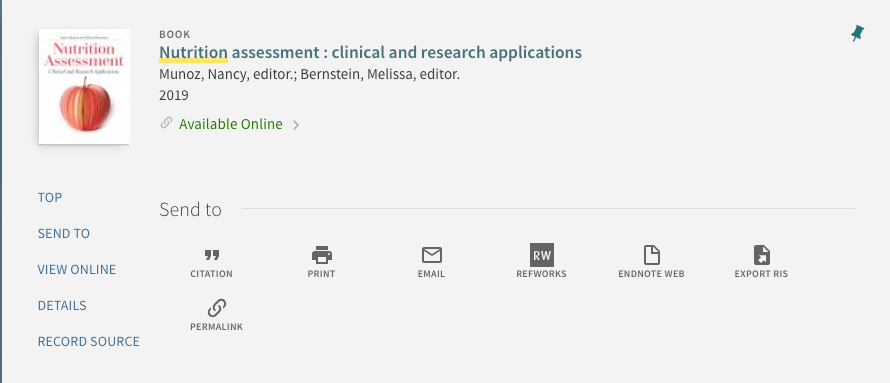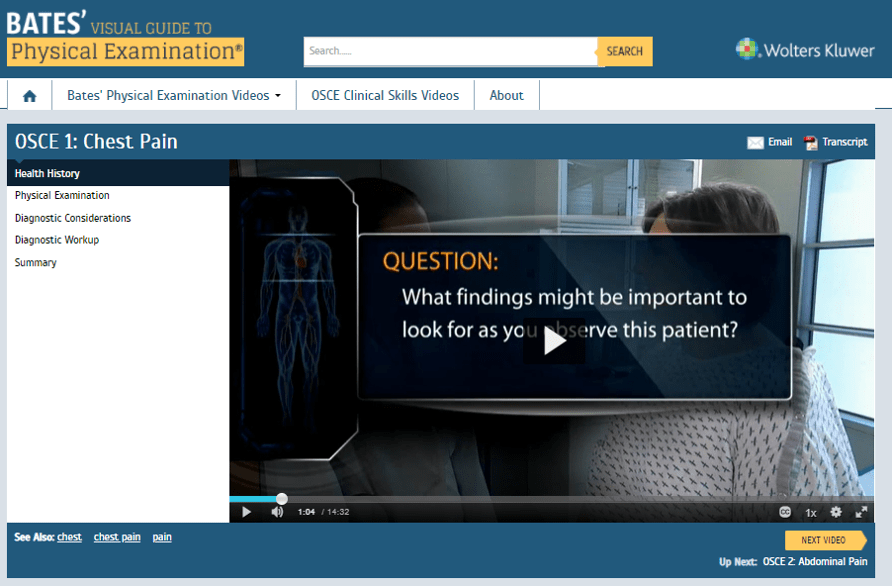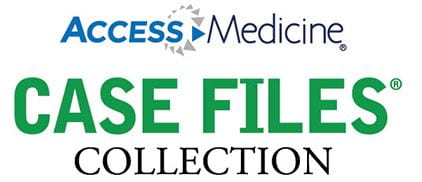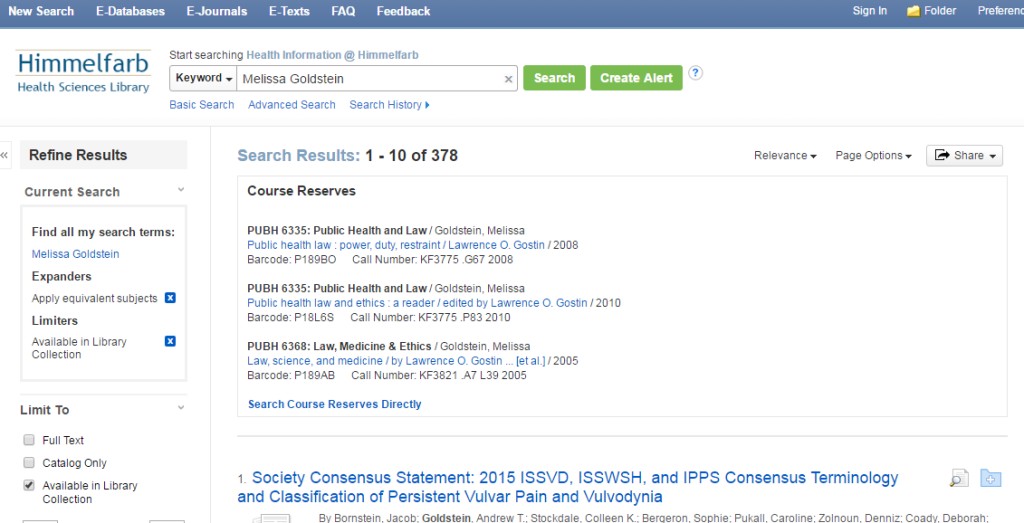Himmelfarb Library has an extensive collection of online books, journal articles, and multimedia materials. These resources can be accessed from both on- and off-campus locations. To ensure consistent access to e-resources from off-campus locations, a durable link may be required. Durable links provide consistent access to electronic journals, articles, books and other materials by ensuring that GW users are recognized and can access library collections. If you are a faculty member preparing for the start of a new semester, Himmelfarb Library’s Durable Link Service can assist you with embedding durable links into your syllabus and other course materials which will provide your students with reliable access to course materials.
Durable links are URLs that directly connect users with Himmelfarb Library’s electronic resources. These links are reliable and allow faculty members to share resources with students and avoid copyright violations.
There are four ways to create durable links:
- Attach a proxy prefix
- Use a permalink
- Link by PMID, DOI, ISBN or ISSN
- Link to databases
You can attach a proxy prefix to a resource’s URL which will route the link through GW’s systems and authenticate users as needed. Himmelfarb’s proxy prefix quick tool will automatically generate a link with the required proxy prefix. The tool also allows you to test the link prior to adding it to your syllabus or Blackboard course so you are confident that the URL works.
Himmelfarb’s catalog records have an option to create a permalink for a resource. Search for the resource in the catalog and select the ‘Permalink’ button under ‘Send to.’

This option will direct your students to the resource in the catalog where they can open the item’s full text. Databases such as EBSCO, Ovid and Proquest also have ‘Permalink’ features that can be given to students.
If you have the PMID, DOI, ISBN or other unique identifier for a resource, you may use this to create a durable link. For example, if you have the DOI for a journal article, you may append it to http://himmelfarb.gwu.edu/doi/ to link directly to the article (e.g. http://himmelfarb.gwu.edu/doi/10.1016/j.jadohealth.2021.11.035). For more examples please see the ‘Link by PMID, DOI, ISBN or ISSN’ section on our Linking to Electronic Resources: Creating Durable Links guide.
Last, you may link directly to databases. Visit the A-Z List: Databases page, search for the specific database and click the connected dots symbol to the right. A small window will open with a durable link which will connect users to the database’s homepage.
If you have questions about durable links or if you would like assistance with creating links, Himmelfarb Library is here to help! Our Linking to Electronic Resources: Creating Durable Links guide provides examples and additional information about durable links. Additionally, library staff members will check for broken links, generate new links and embed them onto your syllabus or Blackboard course. Send your syllabus or question to himmelfarb@gwu.edu and a staff member will provide more information.











 Join the Milken Institute School of Public Health for an exciting opportunity to engage in key public health issues in the
Join the Milken Institute School of Public Health for an exciting opportunity to engage in key public health issues in the  It’s easy to think of fair use as the domain of authors. But as faculty face increasing pressure to provide students with cost-free course materials, they often turn to course reserves as an inexpensive alternative to requiring students to purchase costly scholarly materials.
It’s easy to think of fair use as the domain of authors. But as faculty face increasing pressure to provide students with cost-free course materials, they often turn to course reserves as an inexpensive alternative to requiring students to purchase costly scholarly materials.  A new article by
A new article by 
